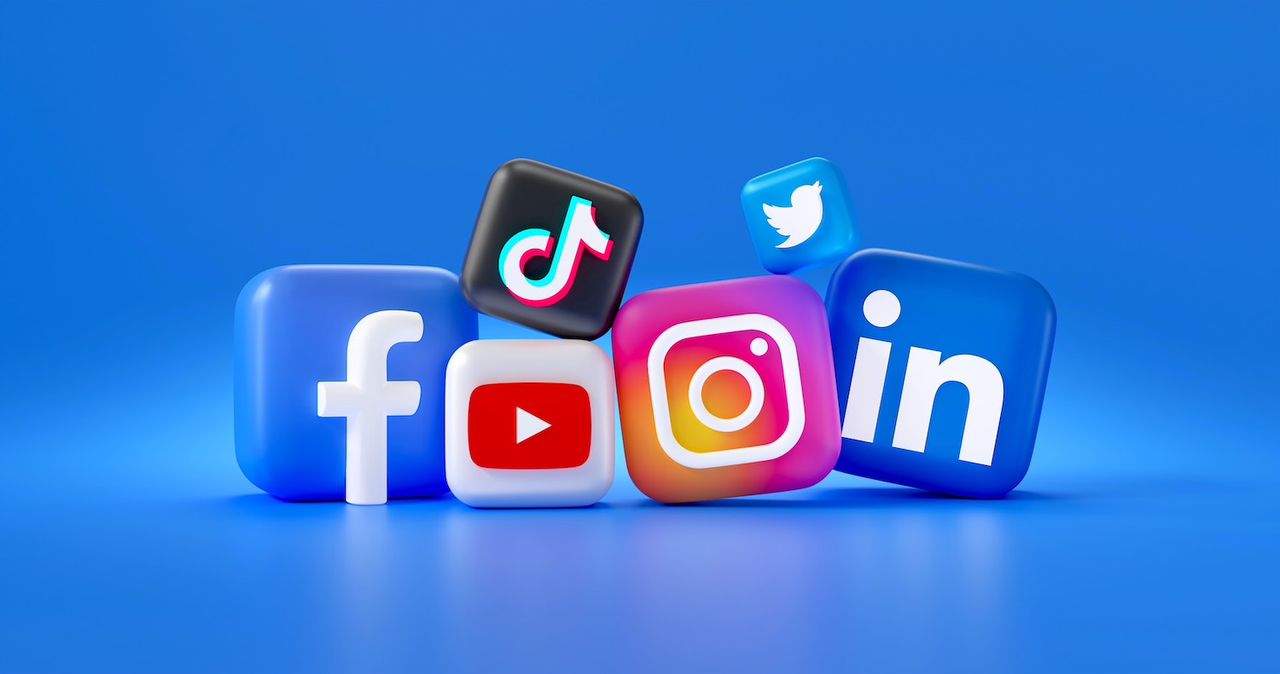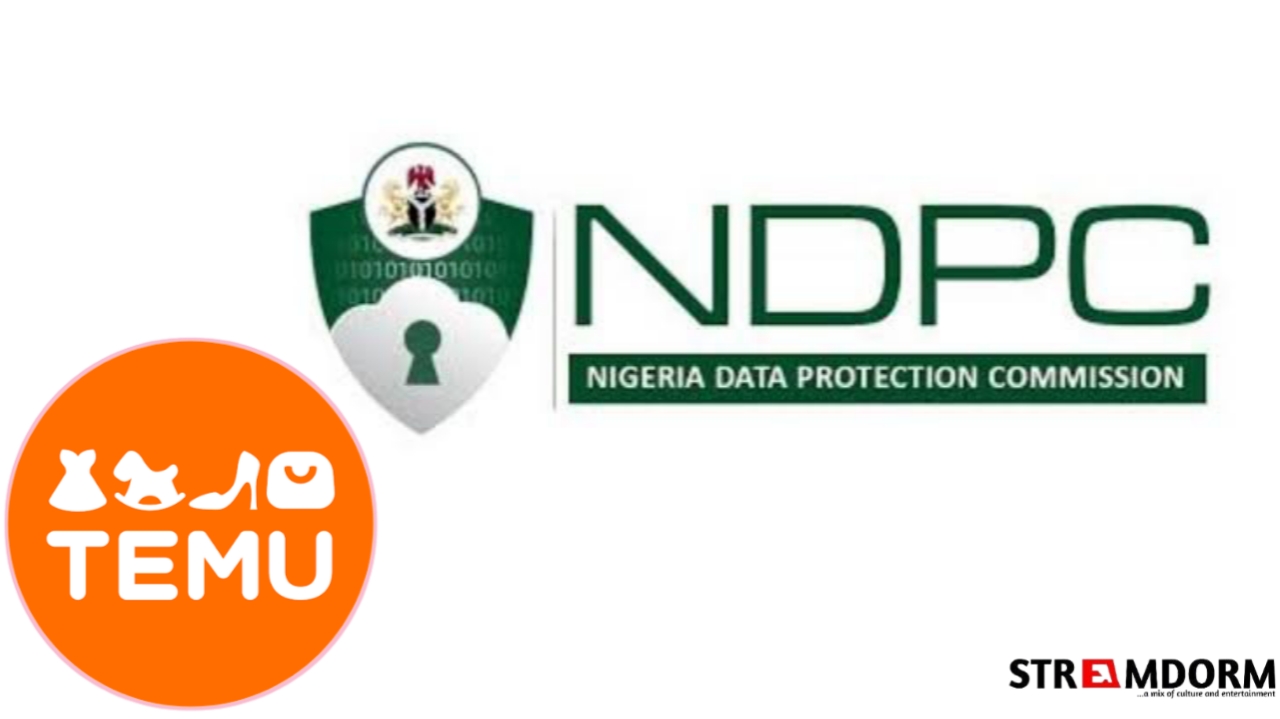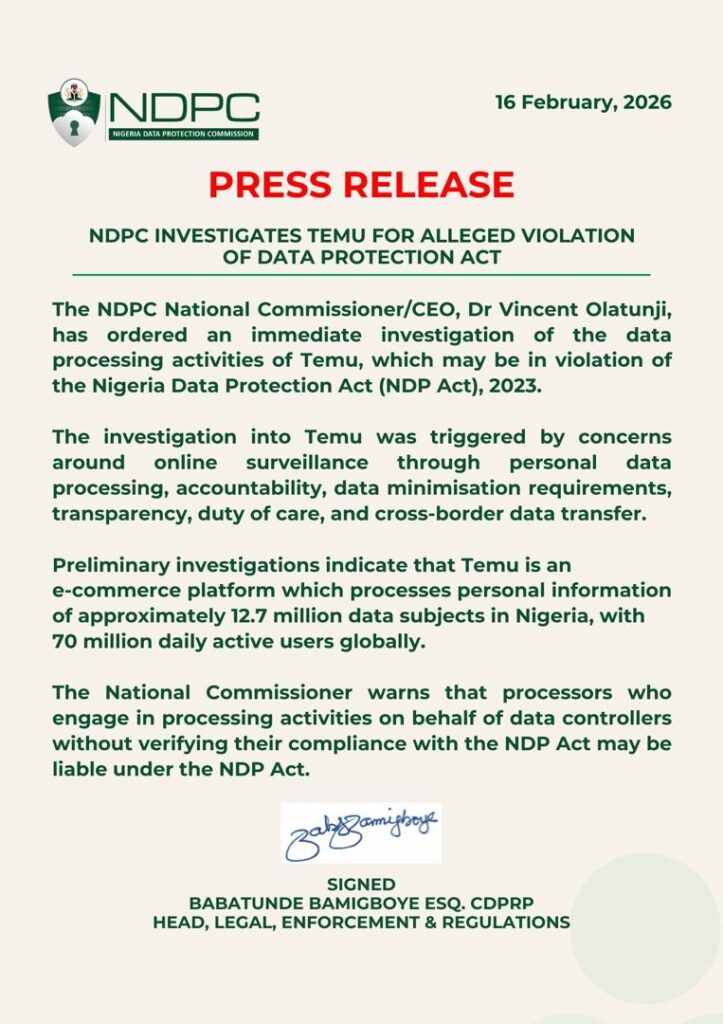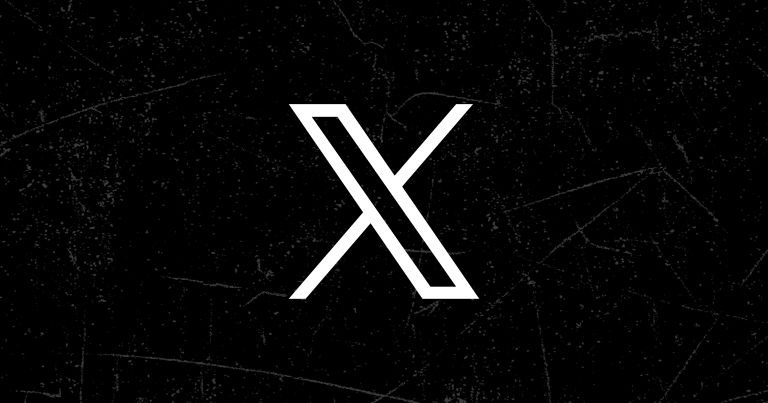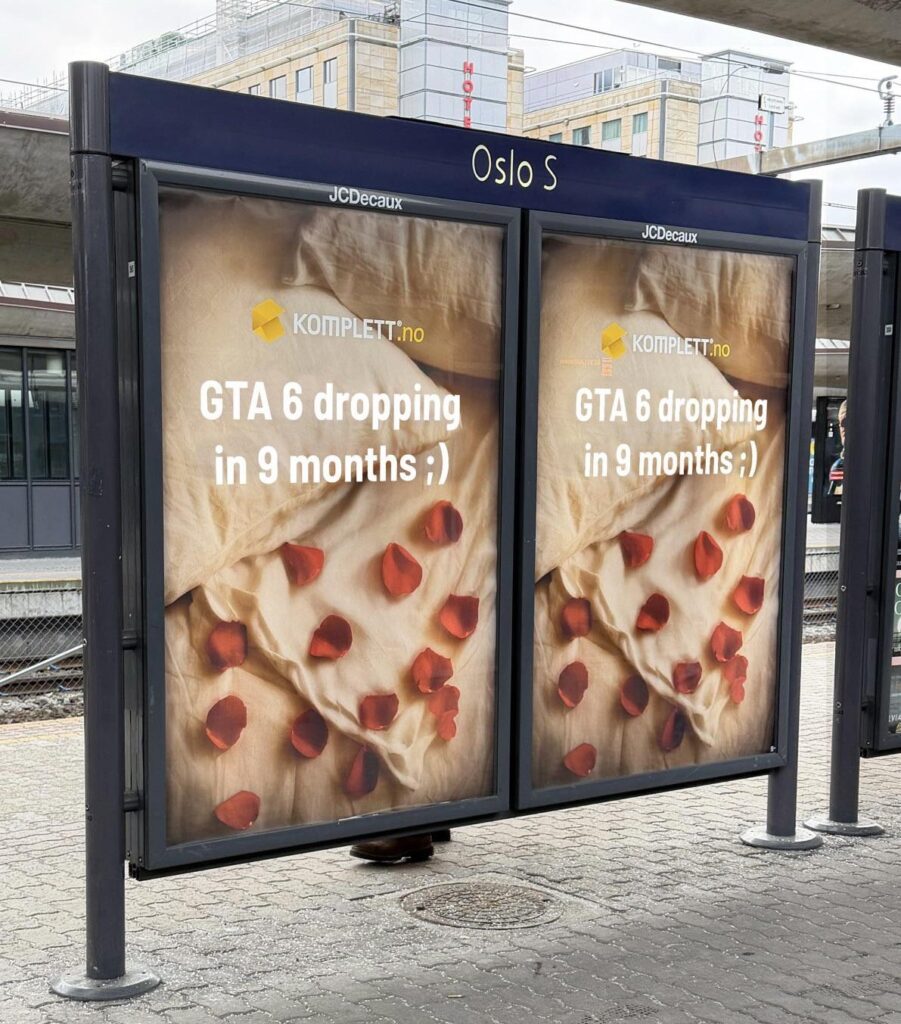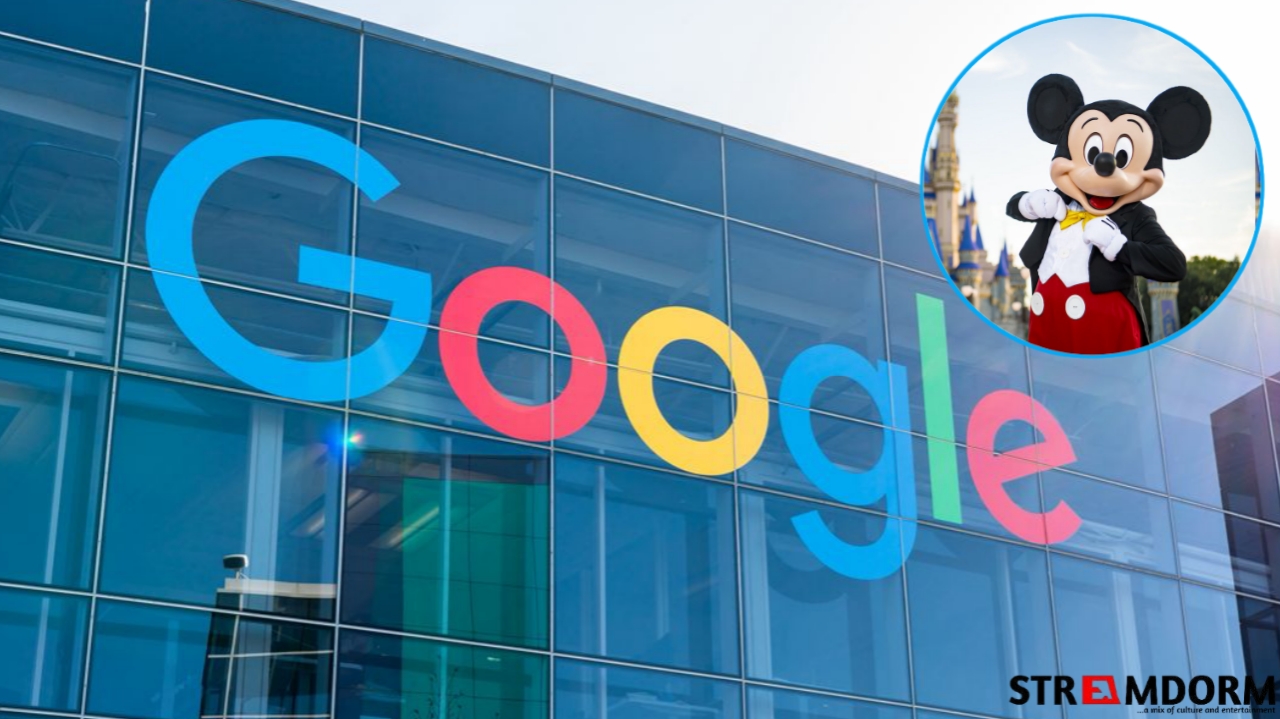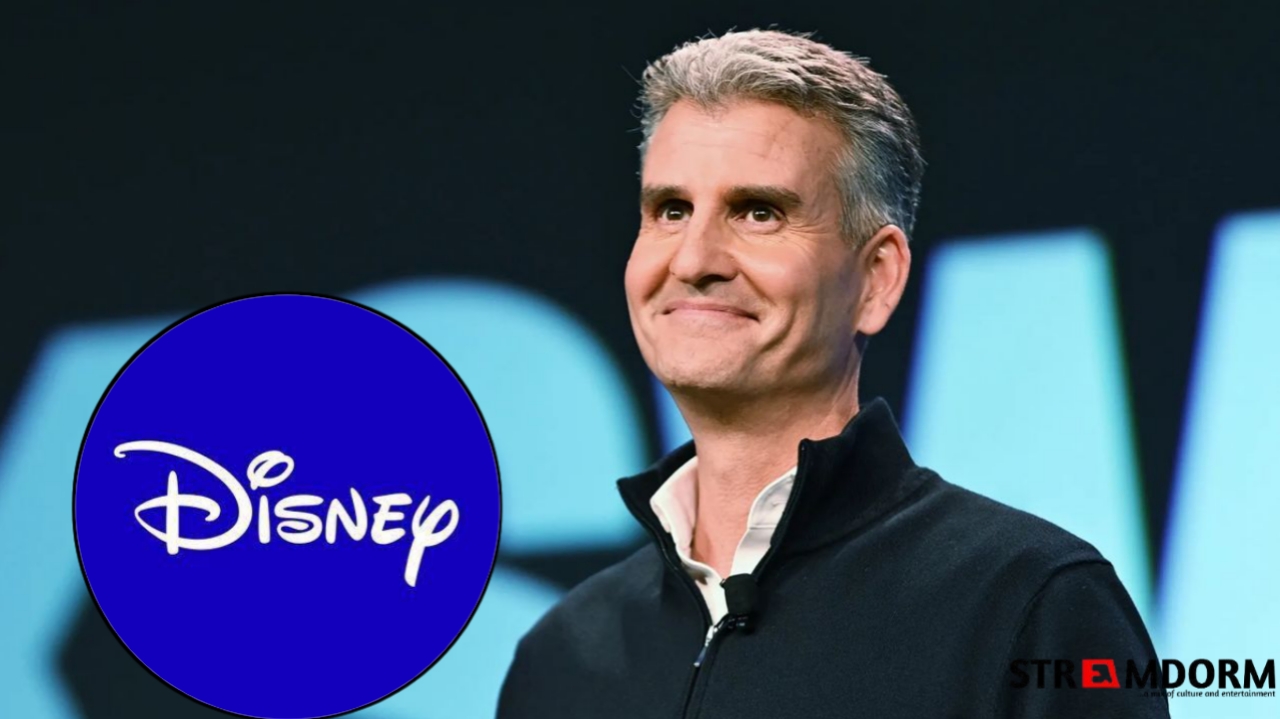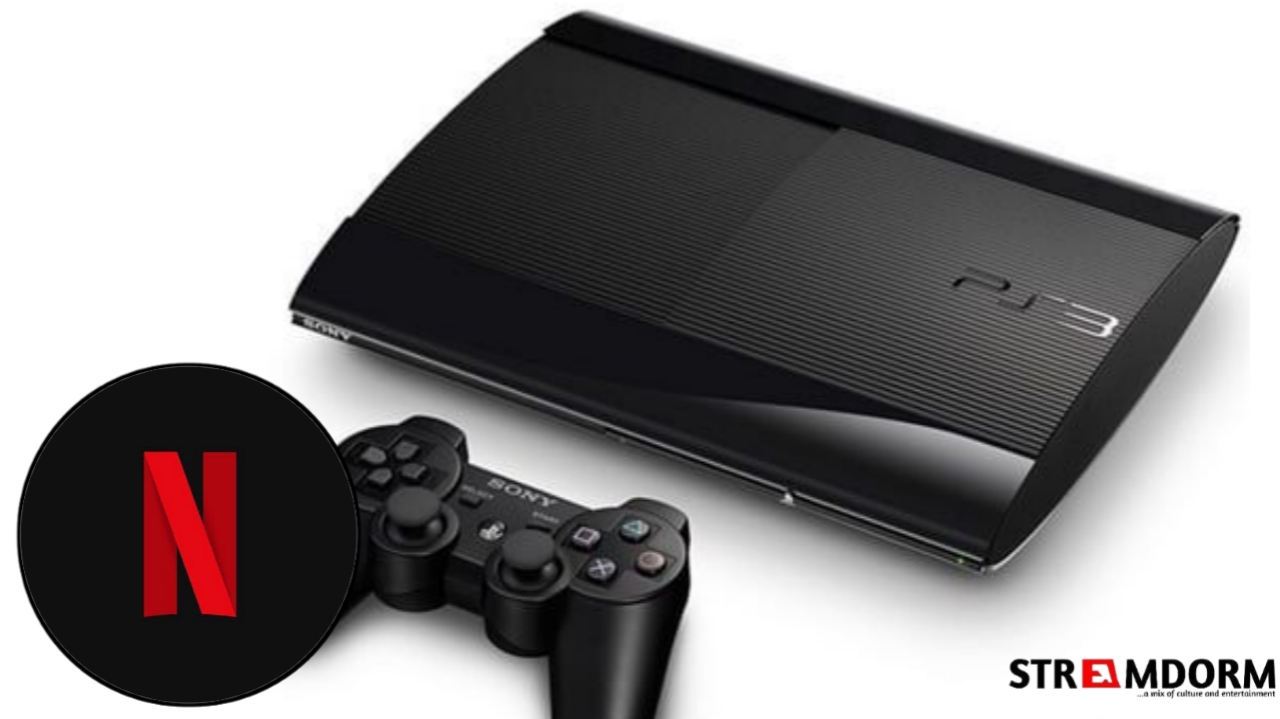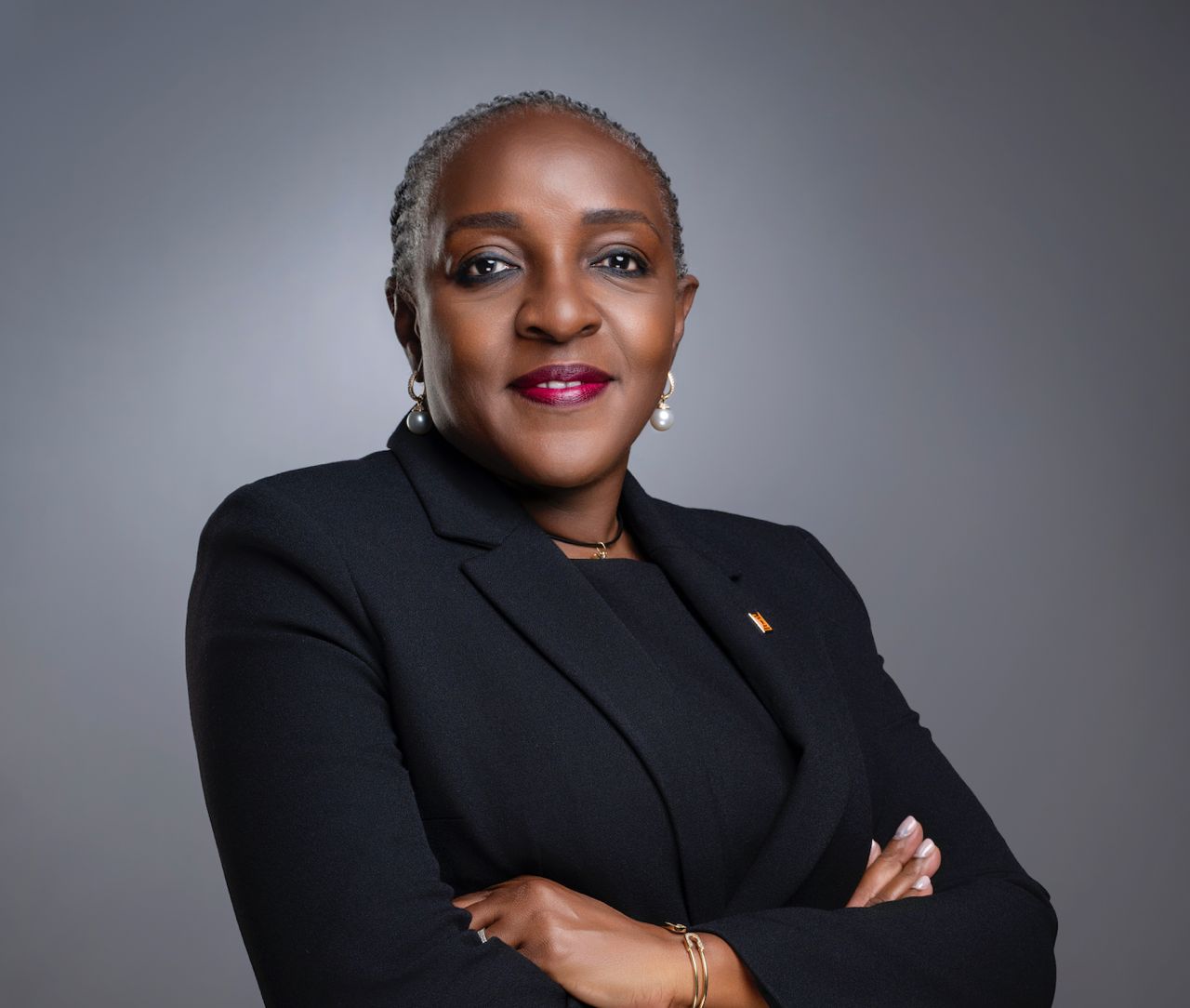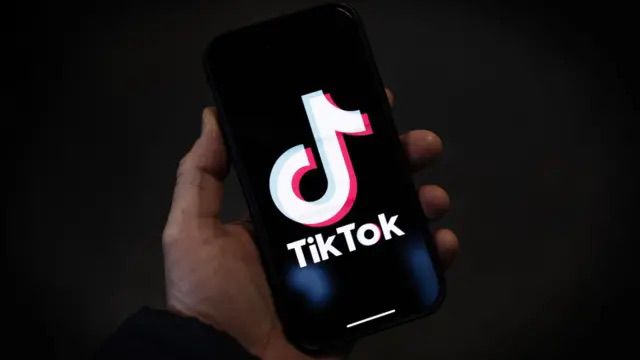Authorities in Gabon have ordered the immediate suspension of major social media platforms across the country, accusing them of spreading false information and harmful content capable of destabilising public order.
The decision was announced on February 17, 2026, by the country’s media regulator, the High Authority for Communication (HAC). In a statement, the regulator said the suspension would remain in place “until further notice.”
Although the order did not publish an exhaustive list of affected platforms, access to Facebook, TikTok, and other widely used social media services was disrupted nationwide shortly after the announcement.
According to the regulator, the decision was taken in response to what it described as the growing circulation of “false information,” defamatory content, hate speech, cyberbullying, and the unauthorised disclosure of personal data online.
The HAC argued that such activities pose a threat to social cohesion, public order, and national stability. Authorities also suggested that existing content moderation efforts by platform owners were insufficient to curb abuses.
Officials maintained that the move does not amount to a violation of freedom of expression, stating that constitutional rights must be exercised within legal limits, particularly when national security and public order are at stake.
The suspension comes amid heightened political and social tension in the country, with recent reports of protests and labour unrest. Observers say governments in several countries have previously imposed similar restrictions during periods of instability, often sparking debate about the balance between security concerns and digital freedoms.
The shutdown is expected to significantly affect communication, small businesses, digital creators, and media outlets that rely on social platforms for outreach and information sharing. Many citizens use social media not only for social interaction but also for commerce, news consumption, and civic engagement.
